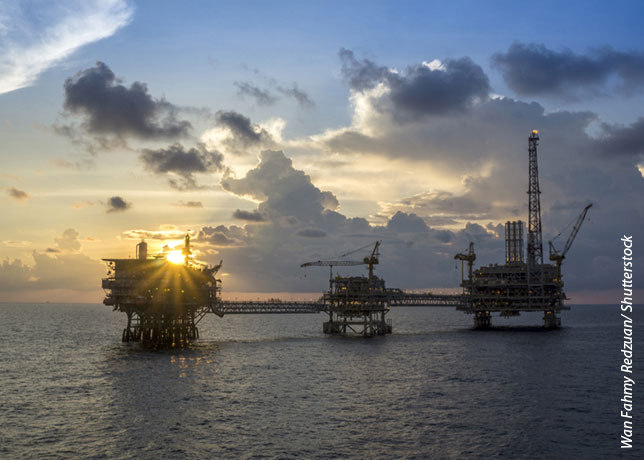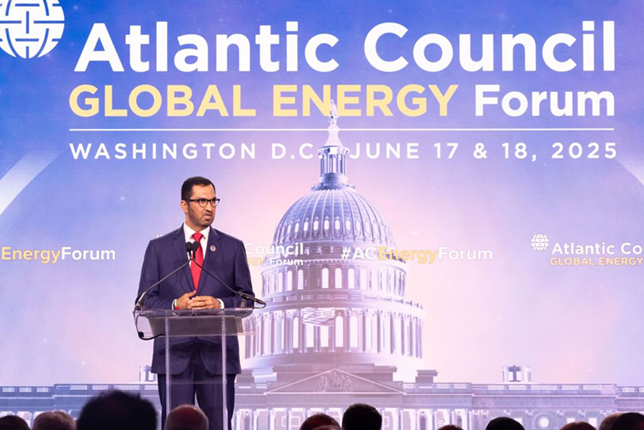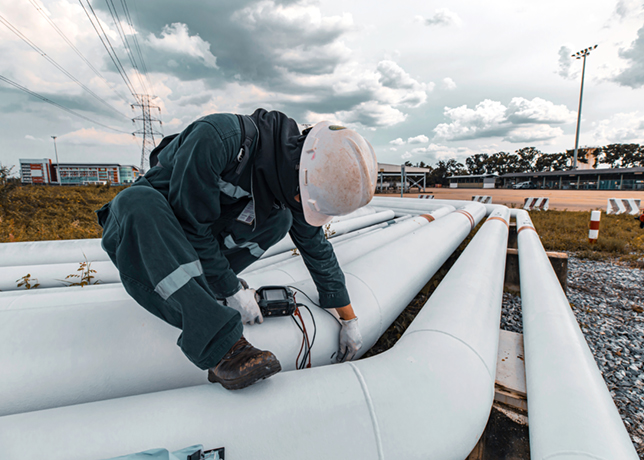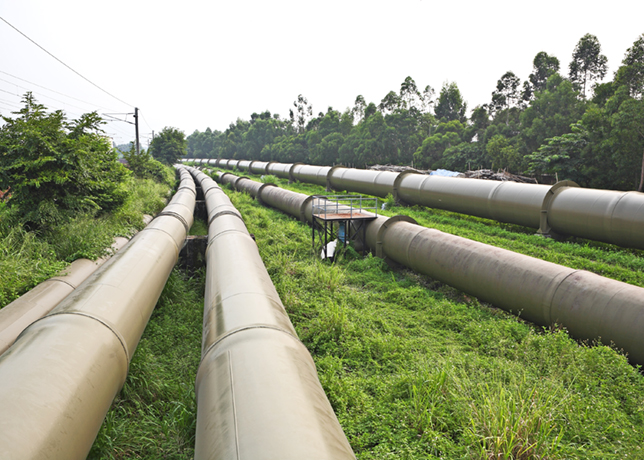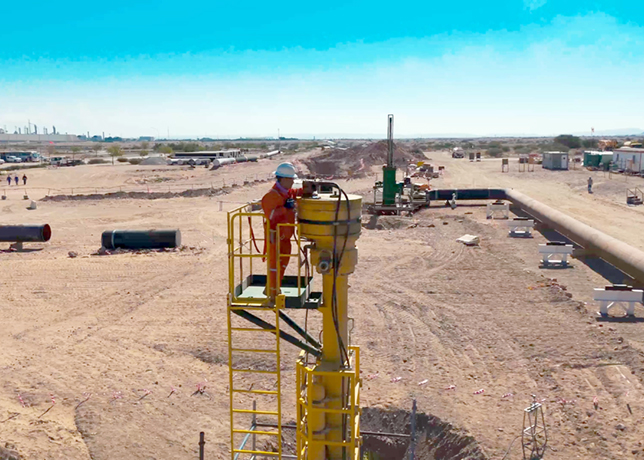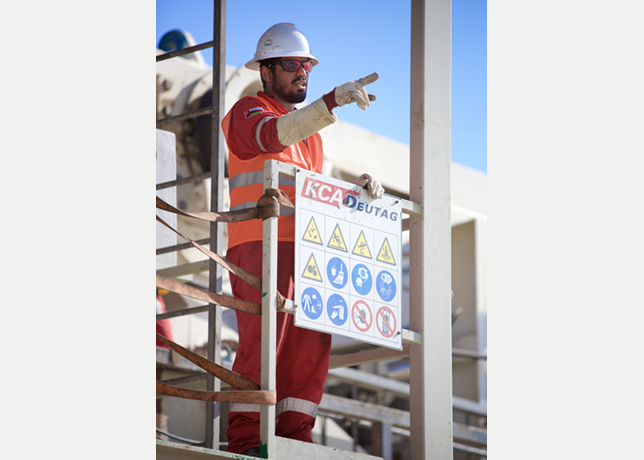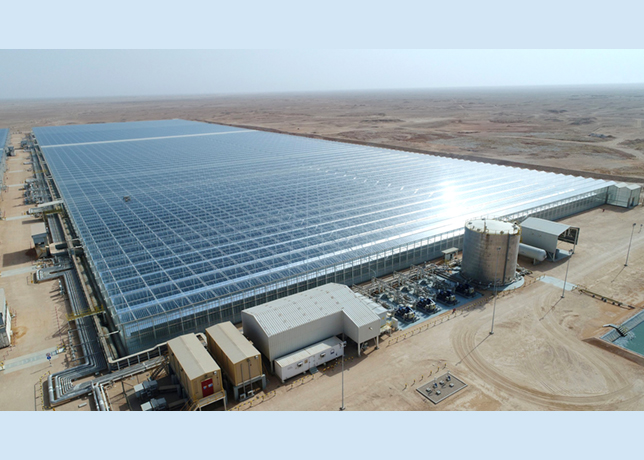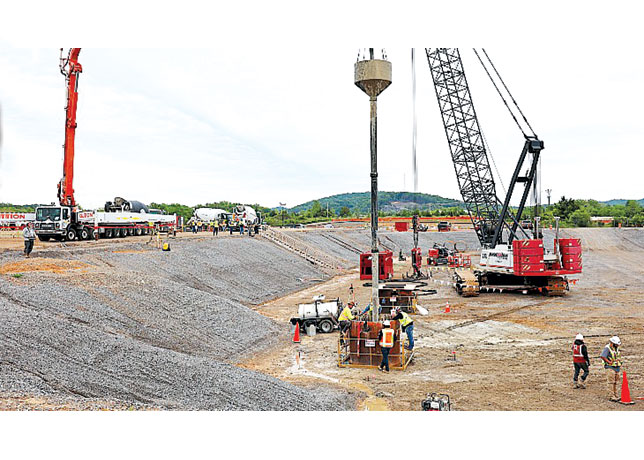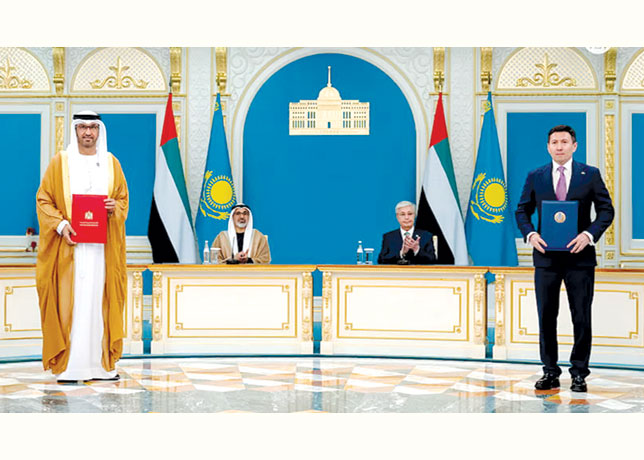
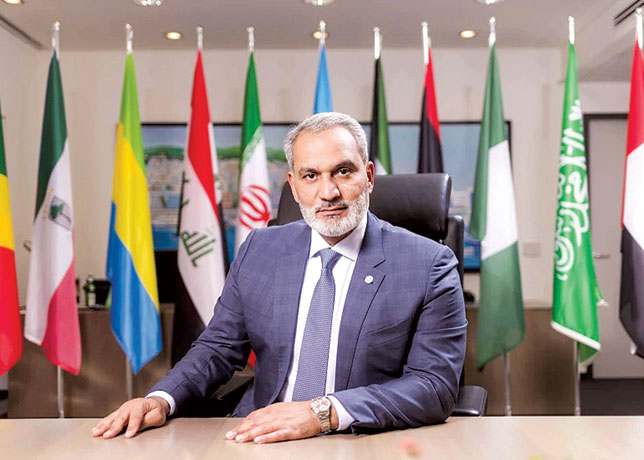 Al Ghais … huge investments are necessary to meet rising demand
Al Ghais … huge investments are necessary to meet rising demand
The hydrocarbon sector requires cumulative investments of $17.4 trillion by 2050 to meet rising demand, and to generate the additional 5 mb/d needed on average every year to stay at the current overall supply levels, according to Haitham Al Ghais, Secretary General of Opec.
Long-term investments in the hydrocarbon sector have come under increasing focus as the energy sector prepares for a diversified and decarbonised future energy mix, with companies such as bp recently committing to increasing its annual oil and gas investment to $10 billion, reported Energy Connects.
"The oil sector requires cumulative investments of $17.4 trillion by 2050. This is necessary to meet rising demand, and to counter decline rates, with the latter requiring an additional 5 mb/d on average every year just to stay at current overall supply levels," said Al Ghais. "For this reason, Opec has repeatedly called for greater investments in the oil industry. All our actions and activities, especially under the umbrella of the DoC [Declaration of Cooperation] have been to facilitate an investment enabling environment. Such an environment requires sustainable stability in the oil market," he added.
His comments came at the 11th Joint IEA-IEF-Opec Workshop on the Interactions between Physical and Financial Energy Markets, held recently at the Opec Secretariat in Vienna.
With global energy consumption set to rise dramatically, Opec’s latest World Oil Outlook (WOO) sees global primary energy demand increasing by 24 per cent to 2050, based on an increasing population, rising urbanisation, an expanding middle class, emergent energy-intensive technologies, as well as the need to bring energy to billions of people that still go without.
In a recent thought leadership for Energy Connects, Al Ghais observed that any discussion on future energy pathways has to address all the great interlinked energy challenges of our age: ensuring and expanding energy accessibility, meeting rising energy demand, improving energy security, maintaining energy affordability and reducing emissions. We need to embrace all-energies, leverage all available technologies, and consider the needs of all peoples.
Overcoming the energy trilemma and navigating geoeconomic shifts in energy markets requires a pattern of predictability for investments in hydrocarbons and clean energy technologies, as well as close collaboration on physical and financial energy market transparency, according to Jassim Alshirawi, Secretary General of the International Energy Forum (IEF).














